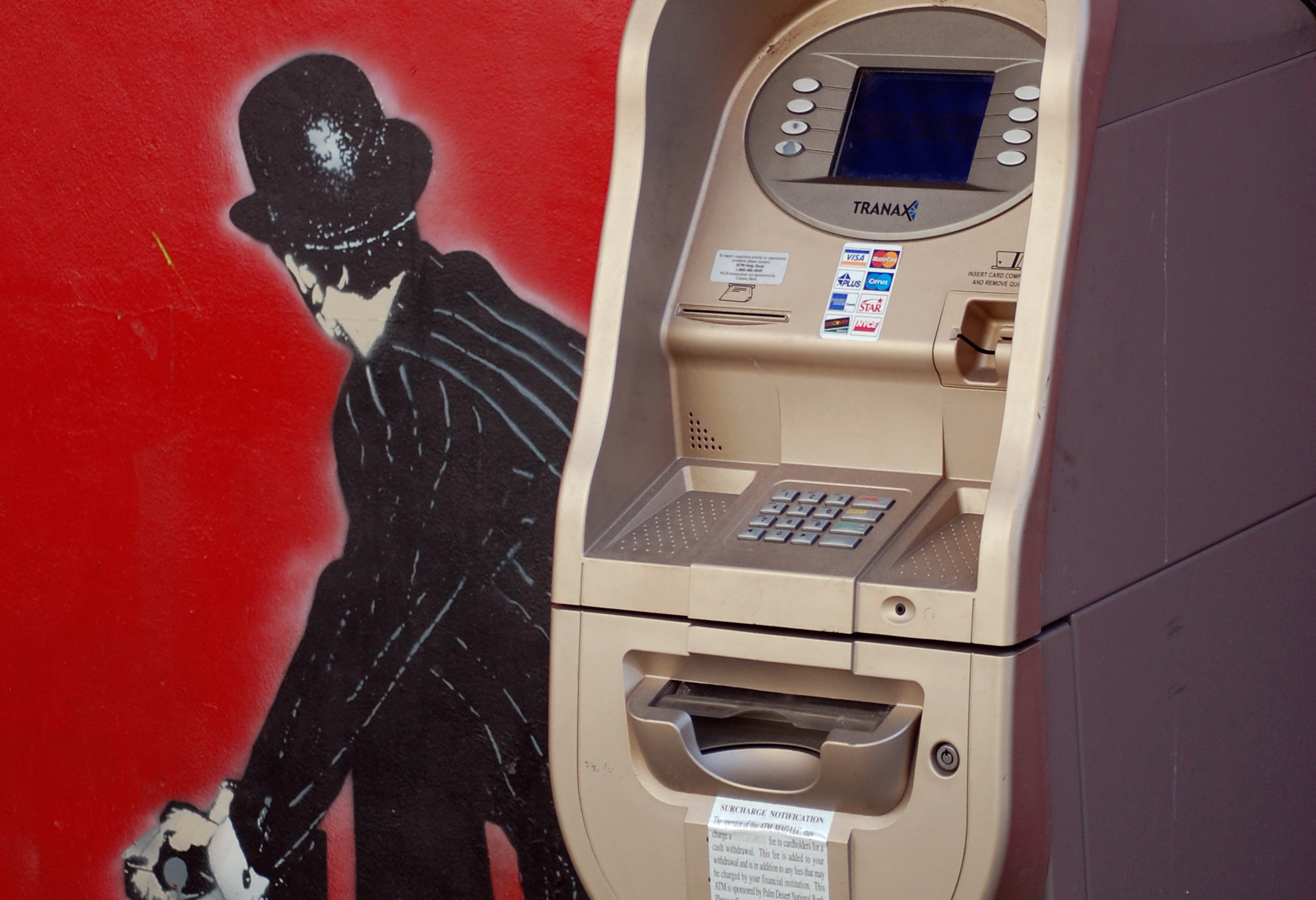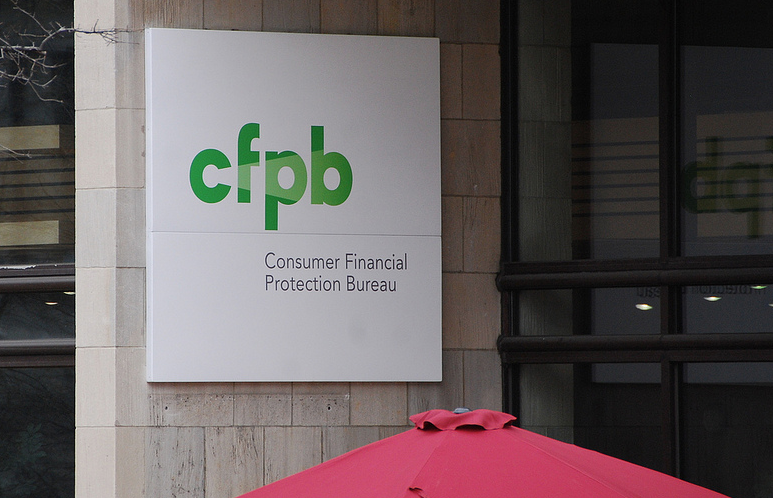At some point in the coming weeks, Congress is set to consider a fast-tracked proposal that would nullify a slew of new protections for the millions of Americans who use prepaid debit cards. With the clock ticking down to that vote, a lawsuit is trying to compel the release of any communications about these rules between industry lobbyists, lawmakers, and federal regulators. [More]
consumer advocates

As Congress Preps To Scrap Prepaid Card Protections, Lawsuit Seeks Release Of Emails Between Lawmakers & Lobbyists

Provision In Highway Funding Bill Would Require The IRS To Use Private Debt Collectors
While federal regulators continually work to crack down on private debt collectors that utilize unsavory, illegal tactics to make consumers pay up, government agencies often contract these entities to collect a variety of debts. That practice could continue if a provision in the Highway Trust Fund Bill receives approval. [More]

When Comparing Colleges, It Would Help To Know If A School Is Under Investigation
Many consumers thinking of pursuing a higher education weigh the pros and the cons of a specific college: tuition, convenience, available areas of study. Last month, the Department of Education announced it would make the college shopping experience a little easier for prospective students by creating a consumer-facing online college comparison system. While the tool will no doubt be helpful, consumer advocates warn that, as it stands, the system will be missing a vital information: whether or not schools are party to investigation, lawsuits or settlements over harmful and deceptive practices. [More]

Consumer Groups Ask Congress To Ensure That For-Profit Schools Are Held Accountable
When the new gainful employment rules take effect later this year, for-profit educators would need to demonstrate that their programs are actually training graduates to earn a living. But a pending piece of legislation seeks to give these schools a free pass to billions of dollars in federal student aid.

Can New Payday Loan Rules Keep Borrowers From Falling Into Debt Traps?
Nearly one in four consumers continue to turn to high-cost, short-term financial products like payday loans, auto-title loans and other pricey alternatives when struggling to make ends meet, even though research shows these expensive lines of credit often leave consumers worse off than when they began. After nearly three years studying the issue, the Consumer Financial Protection Bureau is now announcing its first attempt to protect consumers from predatory lenders. [More]

Consumer Advocates Warn Sale Of Corinthian Campuses To Loan Servicer Company Could Further Hurt Students
Nearly a month ago embattled for profit-college group Corinthian Colleges Inc. announced it had found a buyer for 56 of its campuses under the Everest and WyoTech brands. But the proposed $24 million sale to Educational Credit Management Corporation has drawn the ire of consumer advocates for its lack of protections to students and the possibility that all liabilities related to litigation or private student loans carried by CCI would be waived. [More]

Report: States Have The Power To Rein In For-Profit Colleges, They Just Don’t Use It
The for-profit college industry has been widely criticized for spending a disproportionate amount of its money — much of it coming from federal student loans — on marketing while having a dropout and loan default rate that is much higher than non-profit schools. Is it possible to have for-profit schools that aren’t just student loan mills? [More]

Advocates: Bill Requiring IRS To Use Private Debt Collectors Would Harm Consumers
It makes sense that the federal government would want to collect owed taxes and a proposed law would require the IRS to push that duty off to private debt collectors. However, a history of abusive practices by debt collectors and the failure of similar programs in the past has consumer advocates warning that the provision will only hurt consumers and the government in the long run. [More]

Blogger Who Wrote About A Business Wins Defamation Lawsuit
Considering the lifeblood of The Consumerist is publicizing stories of bad businesses and bad business practices—including drawing attention to personal stories on other peoples’ blogs—we were happy to read that blogger Philip Smith won the federal defamation and trademark dilution lawsuit brought against him by a company he wrote about on his personal blog. Although it doesn’t guarantee that other angry business owners or their legal teams won’t come after you for writing about your unpleasant experiences with them, it cheers us to know that, at least in this case, a federal judge felt that Smith should be protected from retaliation for telling his side of the story. “It’s not about the title, it’s about the content, said Judge Henry Hurlong, Jr.; a journalist turns out to be anyone who does journalism, and bloggers who do so have the same rights and privileges under federal law as the ‘real’ journalists.”


